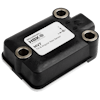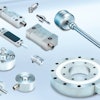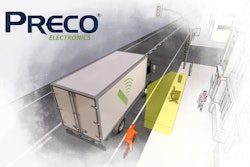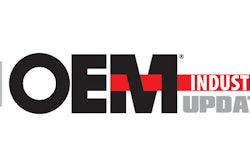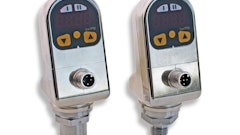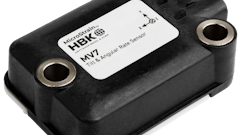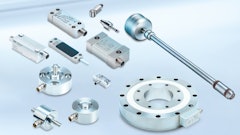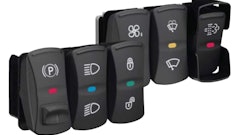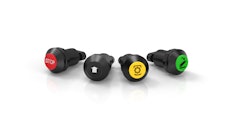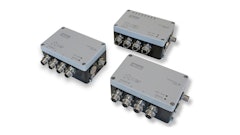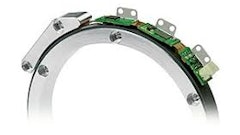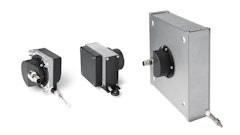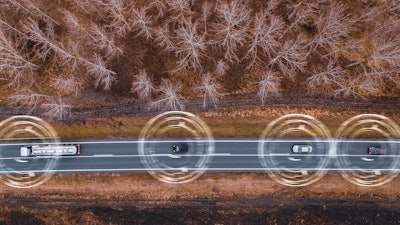
Against a background of the increased application of Advanced Driver Assistance Systems (ADAS) in vehicles, Ricardo has published a white paper investigating the market for LiDAR technology in such systems. In particular, the paper focuses on a new, lower-cost solution that may be disruptive to the market for vision-based sensor and real-time spatial mapping systems.
ADAS technologies are increasingly deployed across most modern production vehicles, from city cars to heavy-duty trucks. Based on the synthesis of advanced control algorithms with GPS mapping data and inputs from sensors including RADAR, SONAR and cameras, ADAS applications offer features to customers ranging from parking assistance, lane departure warning, adaptive cruise control, to collision warning pedestrian detection and active intervention systems such as automatic emergency braking.
Current ADAS applications rely heavily upon day and night vision camera-based systems, but the conversion of image data into accurate and reliable spatial information for the purposes of driver warning and vehicle control functions presents a significant and costly processing challenge.
Light Detection and Ranging (LiDAR) – an advanced form of visual light sensor technology – offers an alternative means to record accurate spatial data. These systems send a laser beam towards an object and then measure the time taken for the light to bounce, thus enabling algorithms to rapidly generate real-time 3-D mapping that can augment the inputs from camera systems. LiDARs can thus provide additional accuracy and precision without the requirement for the intensive processing of vision-based systems. However, while LiDAR is extremely effective as a vehicle sensor technology, it is also expensive, with existing installed solutions estimated to cost in excess of $1,000.
In the white paper ‘Luminar LiDAR and its potential disruption of the vision-based ADAS industry’ published by Ricardo Strategic Consulting, the company’s experts describe the current marketing for ADAS systems, and also analyze automotive LiDAR systems in terms of their types and respective challenges. The report focuses on the Luminar Technologies’ LiDAR system which is claimed to offer a solution at an estimated cost half that of existing systems.
“ADAS technologies are a crucial competitive domain for the automotive industry as it seeks to chart a pathway from increasing automation towards a practical implementation of SAE Level 4 and 5 autonomous driving,” comments Edward Anculle, consultant of Ricardo Strategic Consulting. “In the white paper published today, we have aimed to share our insights regarding the latest LiDAR systems and to assess how some may have the potential to disrupt the market. Ricardo is active in the area of ADAS technology and understands current industry needs. This allows us to provide unbiased opinions on the potential for disruptive ADAS technologies.”

